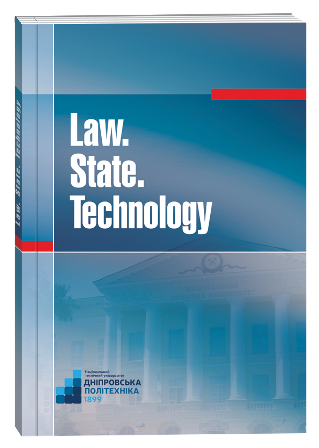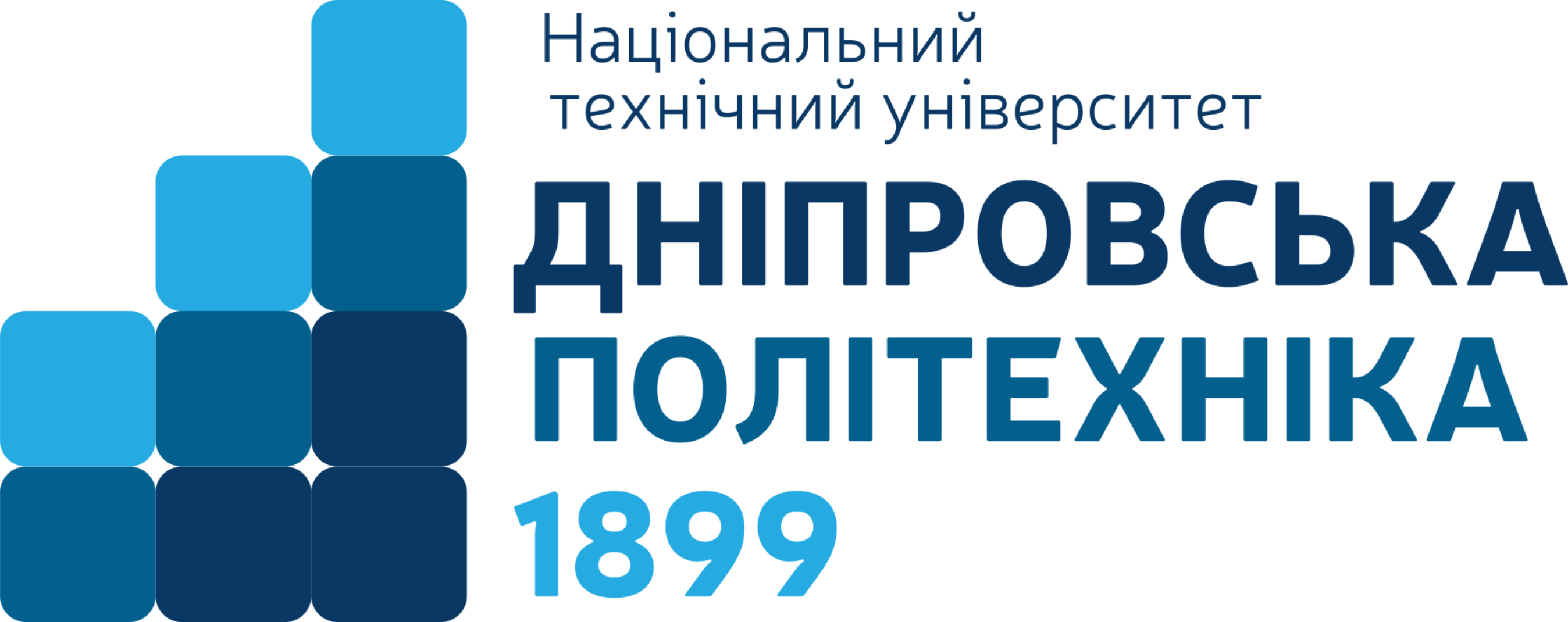ENHANCING FINANCIAL LAW: REFORMING REGULATORY FRAMEWORKS AND INTEGRATING TROUGH INTERNATIONAL ORGANIZATIONS
DOI:
https://doi.org/10.32782/LST/2025-1-5Keywords:
Financial Law, Regulatory Reform, Digital Currencies, Blockchain Technology, Financial Stability, International Organizations, Anti-Money LaunderingAbstract
Due to globalization and growing technological advancements, the international financial system is facing new challenges that require innovation and a revisiting of its legal and statutory structures. In the article titled, «Enhancing International Financial Law: Reforming Regulatory Frameworks and Integrating through International Organizations », Roksolana Ivanova focuses on the international financial law and its application in the ever-changing world markets. It highlights the need to reform the regulatory infrastructures and more so, international organizations, in order to achieve global financial security. Established frameworks of regulation have always struggled to incorporate advanced financial techniques that arose after the digital revolution, but today their inadequacy is only increasing further. The developments of the digital currencies, the blockchain, and the Decentralized Finance (DeFi) paradigm shift have gotten a hold of the world and economics and finances will never be the same. These changes bring significant complications to regulatory affairs, taxation as well as anti-money laundering activities. The pseudonymous and decentralized nature of cryptocurrencies, such as Bitcoin and Ethereum, poses a threat to simple regulatory systems, thus there is a great need for newer regulations that ensure consumer security and financial trust. International organizations help in synchronizing and applying financial rules as they cut across various borders. An instance would be the G20 which helps in formulating strategies for broad financial stability, guiding reforms in international financial markets, increasing financial inclusion, and reducing tax avoidance. The G20 Framework for Strong, Sustainable, Balanced, and Inclusive Growth provides guidance for country economic policy making and ensures government economic stability and resilience to shocks. The Organisation for Economic Co-operation and Development (OECD) assists in developing governance structures for tax and transparency issues. The Base Erosion and Profit Shifting (BEPS) initiative of the OECD seeks to address the problems arising out of tax avoidance practices of multinational enterprises by making sure that profits are taxed where economic activities and value creation happens. It raises fairness in the international tax system and helps countries protect their tax base from attenuation at the same time. Nonetheless, the piece discusses the challenges of regulation that these technologies impose. The pseudonymous character of transactions concerning the blockchain platforms makes it harder to trace illegal actions, thus posing challenges for AML and CFT measures. In addition, the explosion of DeFi platforms that lack central counterparties also raise issues of fiscal sustainability, consumer protection, and regulation. The article contends that more attention be paid to the models of regulatory frameworks that need to be put in place for these new phenomena, so that innovation is not stifled.
References
Базельський комітет з банківського нагляду. Голова Базельського комітету закликає країни завершити впровадження правил капіталу, оскільки регулятори США залишаються в глухому куті. Reuters. (2024, 23 жовтня). URL: https://www.reuters.com/markets/basel-chief-urges-nations-complete-capital-rules-us-regulators-remain-deadlocked-2024-10-23/
Група двадцяти (G20). Наглядовий орган G20 закликає уряди вирішити проблеми ризиків небанківського фінансового сектору. Reuters. (2024, 18 грудня). URL: https://www.reuters.com/business/finance/g20-watchdog-urges-governments-address-non-bank-financial-risks-2024-12-18/
Міжнародний валютний фонд. Децентралізовані фінанси (DeFi): ризики та можливості. (2024). URL: https://www.imf.org/en/Publications/Policy-Papers/Issues/2024/12/15/Decentralized-Finance-Risks-and-Opportunities-PP123456
Організація економічного співробітництва та розвитку. Міжнародна регуляторна співпраця: адаптація до взаємопов'язаного світу. (2021). URL: https://www.oecd.org/publications/international-regulatory-cooperation-adapting-to-a-connected-world-9789264303955-en.htm
Рада з фінансової стабільності. Рекомендації щодо зміцнення стійкості небанківського фінансового посередництва. (2024). URL: https://www.fsb.org/2024/12/recommendations-to-enhance-resilience-ofnon-bank-financial-intermediation/
Фінансова діяча група з боротьби з відмиванням грошей. Рекомендації FATF щодо віртуальних активів та постачальників віртуальних активів. URL: https://www.fatf-gafi.org/recommendations.html
Банк міжнародних розрахунків. (2024). Центральні банківські цифрові валюти: основні принципи та основні характеристики. (2024). URL: https://www.bis.org/publ/othp33.htm
Організація економічного співробітництва та розвитку. Оподаткування криптовалют: роль ОЕСР. (2024). URL: https://www.oecd.org/tax/tax-policy/taxing-cryptocurrencies-the-oecd-s-role.htm
Міжнародний валютний фонд. Децентралізовані фінанси (DeFi): ризики та можливості. (2024). URL: https://www.imf.org/en/Publications/Policy-Papers/Issues/2024/12/15/Decentralized-Finance-Risks-and-Opportunities-PP123456
Організація економічного співробітництва та розвитку. Міжнародна регуляторна співпраця: адаптація до взаємопов'язаного світу. (2021). URL: https://www.oecd.org/publications/international-regulatoryco-operation-adapting-to-a-connected-world-9789264303955-en.htm








